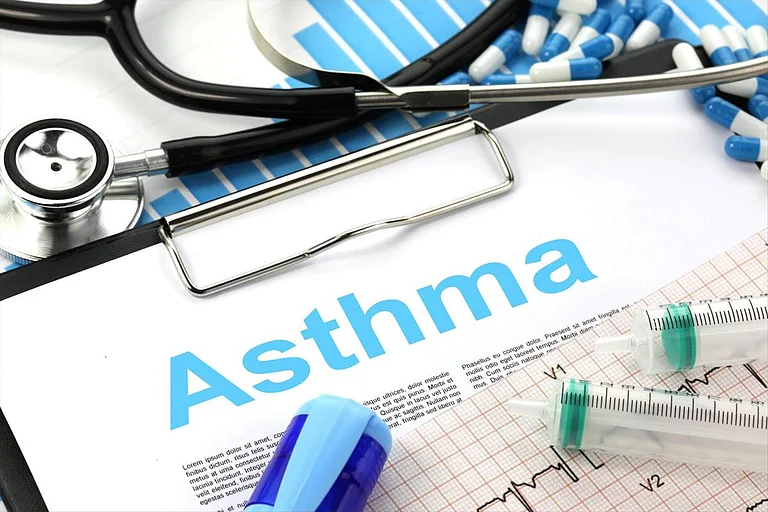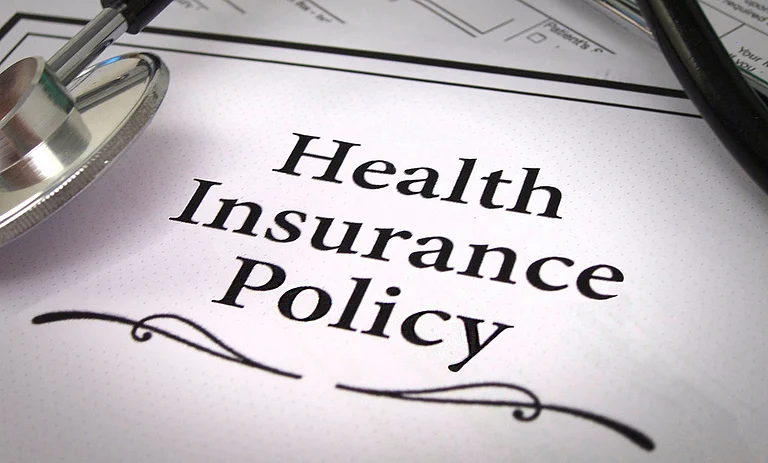As new Covid-19 waves sweep across parts of East Asia, health experts are urging caution. In cities like Hong Kong and Singapore, both with high population density and major global travel hubs, Covid-19 infections are climbing again. The familiar rhythm of respiratory symptoms, hospital visits, and rising positivity rates is returning in these cities. While the world has moved on from the acute pandemic phase, this latest uptick is a sharp reminder: Covid has not vanished, and perhaps more importantly, neither has the risk it poses to our health systems or our wallets.
Covid Cases Surging In East Asia: Should You Be Reviewing Your Health Insurance Right Now?
What's different now is that the sense of urgency has worn off. "Covid fatigue" might have led many to let their guard down, both in terms of personal vigilance and financial planning. But with new waves emerging in East Asia and summer not slowing down transmission, it's worth asking: Is your health insurance ready for another Covid surprise?
For Indian families, it might not seem immediately urgent, the surge is not happening in any bordering nation, and local transmission rates are not making daily headlines. But there is a valid reason to pause and reassess your own preparedness, particularly in terms of health coverage.
Covid is no longer a "black swan" event. It seems to be recurring. That means the question is not whether another wave might come closer to home, it is whether you will be ready when it does.
Why Health Insurance Still Matters in a Post-Pandemic World
The experience of the last four years showed us the financial shock that a health emergency can trigger. In India, Covid-related hospitalisations have typically cost anywhere between Rs 50,000 to Rs 3 lakh or more, especially in private hospitals. Even today, not all plans cover home treatment or post-Covid complications by default, areas that many families only discover gaps in when it is already too late.
What's different now is that the sense of urgency has worn off. "Covid fatigue" might have led many to let their guard down, both in terms of personal vigilance and financial planning.
But with new waves emerging in East Asia and summer not slowing down transmission, it's worth asking: Is your health insurance ready for another Covid surprise?
Says Siddharth Singhal, Business Head, Health Insurance at Policybazaar dot com, "Most health insurance policies today do cover Covid treatment. However, it's important to make sure your existing policy offers enough protection, a sum insured of at least Rs 25 lakh is a good benchmark, especially considering medical inflation during serious illnesses. If your current coverage falls short, you don't necessarily need to switch plans, you can simply opt for a top-up or super top-up plan to increase your cover affordably."
Time to Recheck These Key Things in Your Policy
While most comprehensive policies do include Covid coverage, not all do so uniformly. Some may have sub-limits, exclusions for specific treatments, or waiting periods you might have forgotten (or don't know) about.
According to Singhal, people buying health plans should choose a policy that includes OPD (Outpatient Department) coverage and consumables coverage.
"Many people do not realise that non-medical expenses, like PPE kits, gloves, or even room charges, can add up significantly. OPD cover ensures you're protected even when hospitalisation isn't required, by covering doctor consultations, diagnostic tests, and medications, which can also be quite expensive over time."
He further adds: Depending on your health needs, consider useful add-ons like a PED (Pre-Existing Disease) cover from Day 1, which can be a lifesaver if you have existing health conditions.
A growing number of Covid cases are treated at home, particularly mild or moderate infections. Some insurers offer cashless options or reimbursements for doctor consultations, medication, and even pulse oximeters, but only if your plan explicitly allows for it.
What should policyholders check in their existing health plans?
Policyholders should also evaluate any Covid-19 related coverages in their plans such as hospitalisation, exclusions and any changes in how home-based Covid care is treated under standard or top-up plans.
Says Singhal, "It is advisable to choose health insurance plans with domiciliary hospitalisation cover as that ensures treatment at home when hospitalisation is not possible due to shortage of beds or patient is immobile. Ensure your policy includes adequate pre- and post-hospitalisation care, typically 30 to 60 days respectively, including follow-up tests and medications."
Most importantly, policyholders should be watchful of waiting periods (especially for new policies or top-ups), room rent sub-limits any cap on Covid-specific treatment costs, etc.


